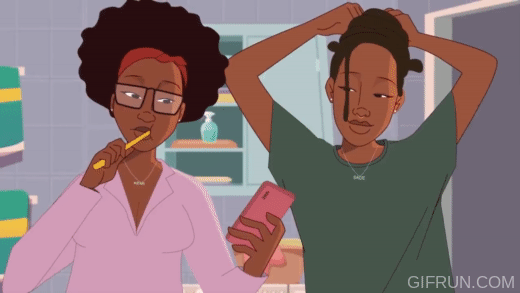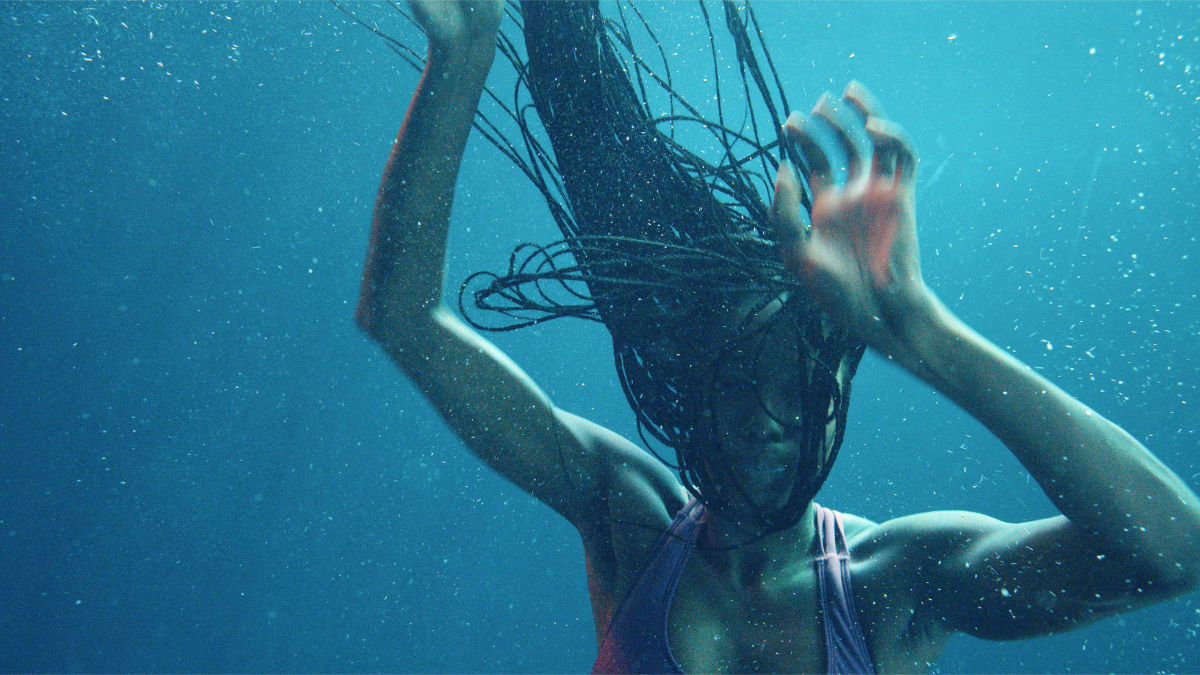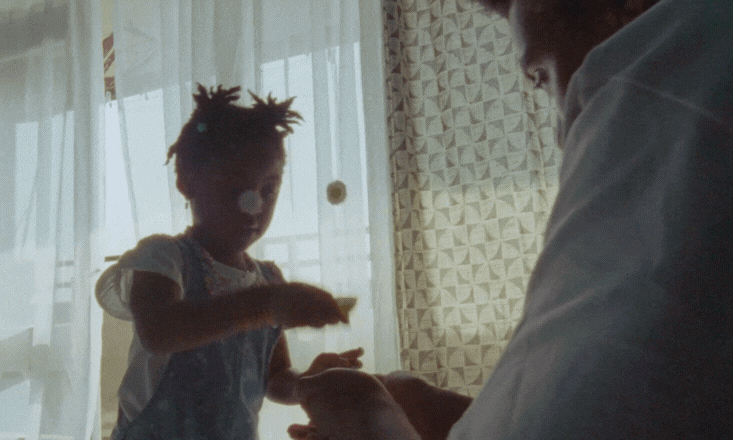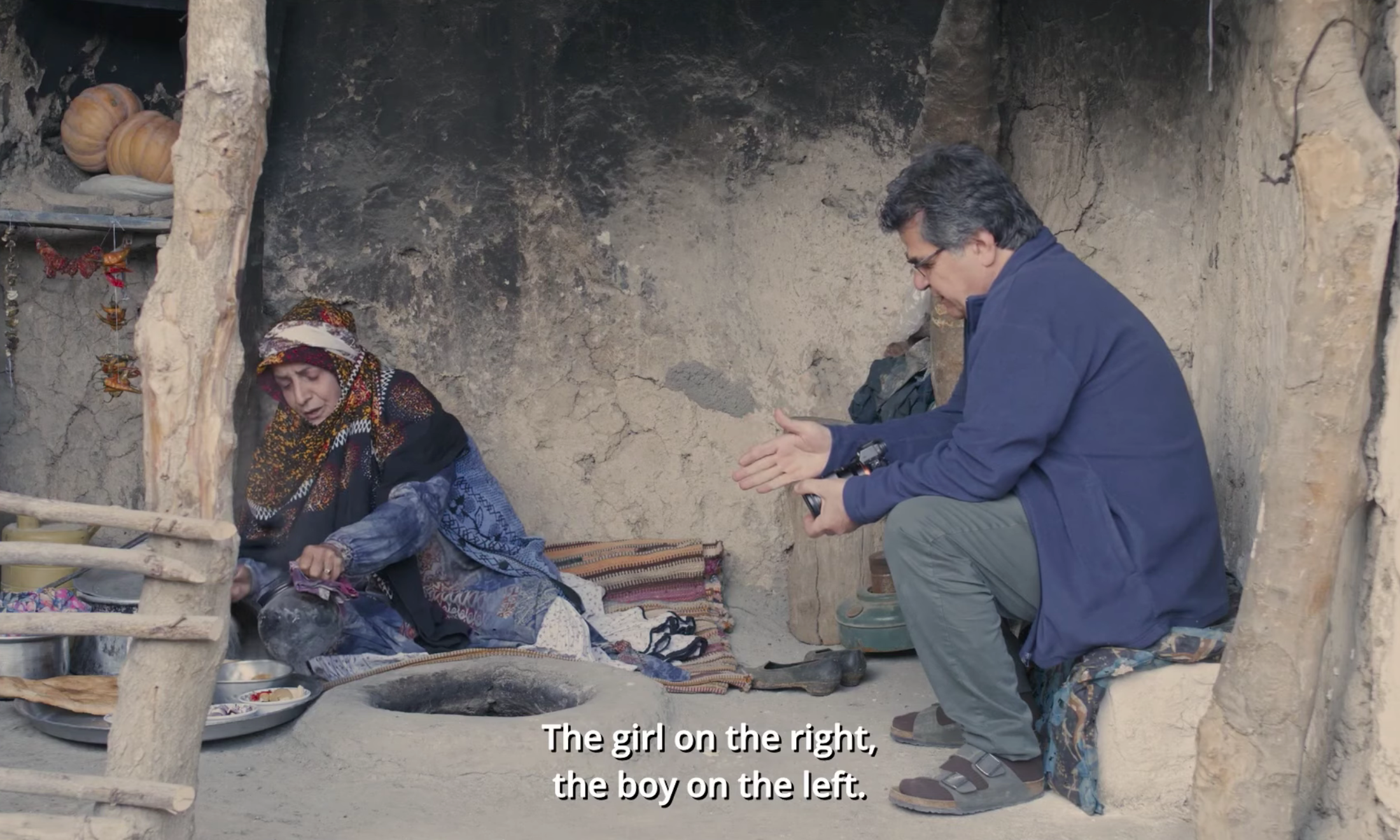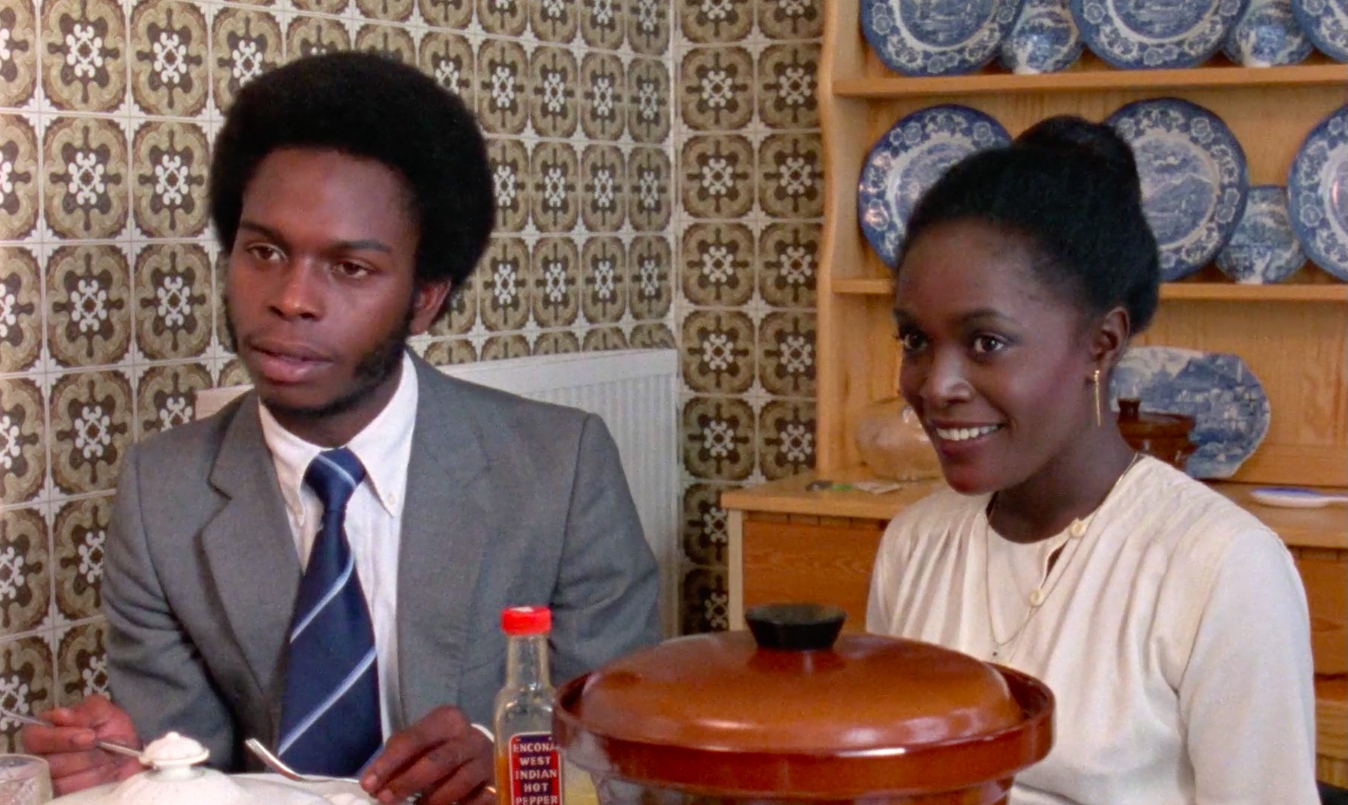
The Witches of the Orient
Six documentaries from people of colour you have to watch this summer
Our top picks from Sheffield Doc/Fest's diverse and thought provoking films.
Shahed Ezaydi
22 Jun 2021
From the secluded villages of Sierra Leone to the hot and vibrant streets of Karachi, this year’s Sheffield Doc/Fest stretched right across the world to bring us all kinds of stories. The event, one of the world’s biggest documentary festivals, made its return to Sheffield cinemas this year after it was forced to move online in 2020 – and it’s come back with quite the bang. With a new festival director, Cíntia Gil, having joined the helm in late 2019, there is a renewed focus on ensuring a diverse and international range of stories and perspectives.
Here are six of my top picks to watch out for from Sheffield Doc/Fest 2021:
This Stained Dawn
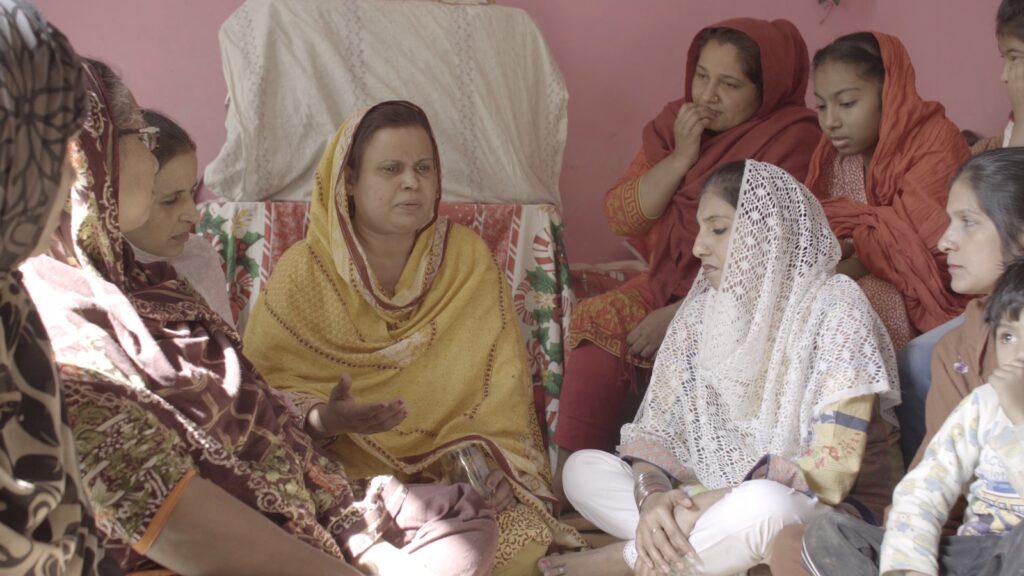
Directed by Anam Abbas, this film follows the women behind the Aurat March (Women’s March) in multiple cities in Pakistan, but with a particular focus on Karachi. It’s a close and detailed look into the fight for women’s rights and feminist organising at a grassroots level in Pakistan. We watch as leaders of the movement try to organise and engage with women in the weeks ahead of the march, while also dealing with the challenges of occupying an inherently violent and surveilled space.
These are women who were vilified by the state, religious groups and the media, and face constant threats of violence for pushing back against the status quo. It’s one of the reasons Abbas wanted to make this film in the first place: “I wanted to demystify the whole process and who these women are, especially when it came to how they were being represented in the media,” she says.
It’s an incredibly honest and multi-faceted film taking feminism away from the white Western gaze and the “Muslim women need to be saved” mindset. Abbas does this by using a mixture of footage – not only is there observational footage of the organisers, but also animated sequences and surveillance and archive footage. All of this portrays a much fuller picture of women’s resistance that isn’t just a Western import, but shows its long and rich history in Pakistan.
Sing, Freetown
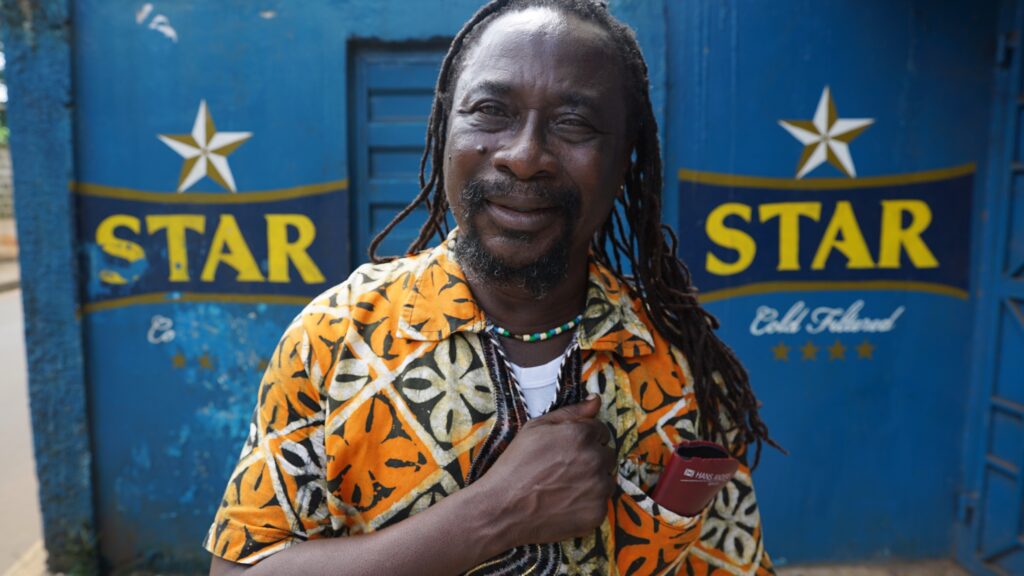
Sing, Freetown follows the friendship of Sorious Samura, a journalist working in the UK, and his best friend and mentor, Charlie Haffner, a playwright from Sierra Leone. Samura and Haffner want to change the narrative and tell positive and joyful stories about Sierra Leone, showcasing its long and rich history. They decide to create a play that documents this heritage and inspires people to take pride in their nation once again. The film, directed by Clive Patterson, follows their journey in the creation of this play and the challenges they face along the way. We watch as both have to come to terms with Sierra Leone’s history of slavery, the impact of British colonialism and a fragmented national identity. In one scene, Samura asks himself the question: “Who are we as a nation?”
It’s a film that feels like a love letter to Sierra Leone, with beautiful aerial shots of its coastlines, bustling streets and the rural countryside. But it also doesn’t shy away from the real issues the country still faces as one of the world’s poorest nations, with a prominent example in the film being the corruption of the beverages brand that wants to sponsor the play. What makes it emotional is not just Sierra Leone’s history, but also the story of a long and complex friendship between Samura and Haffner. At times, we watch cultures collide and tensions flare. “We need to change the way we think about ourselves,” Samura says when he’s asked why he wanted to make the film. “We’ve bought into how Western media presents us and that needs to change.”
The Return: Life After ISIS
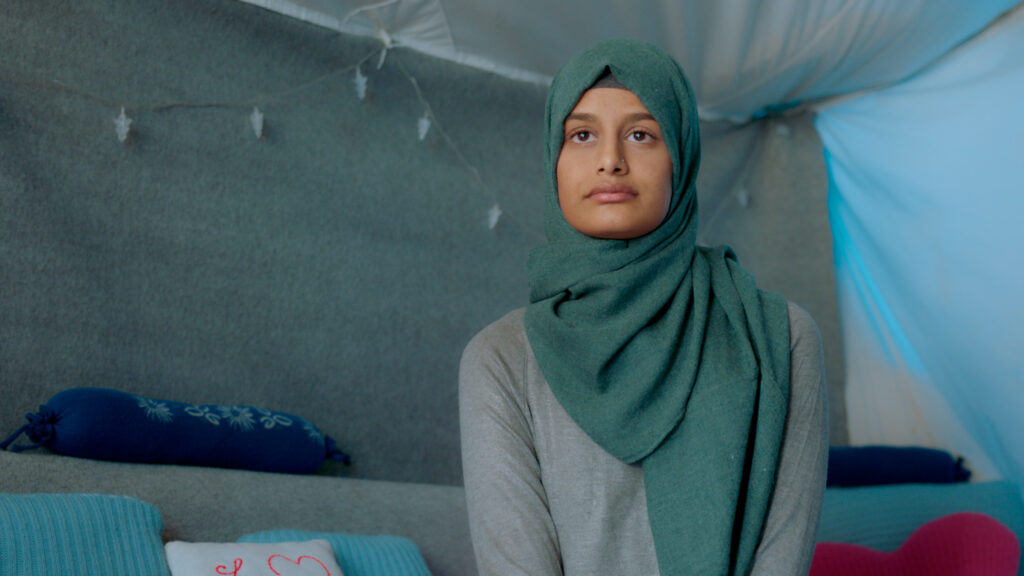
A nuanced and humanising look at the women who joined ISIS and then later escaped, The Return: Life After ISIS is a particularly necessary watch in today’s political climate. Directed by Alba Sottora Clua, the film follows a group of women living in a Syrian refugee camp who escaped from ISIS, including Shamima Begum and Hoda Muthana. It invites these women to tell their complicated stories in their own words, explaining their decision to leave their homes and join the militant group, and what life was like for them.
The honesty and balance of this film is encapsulated in Sevinaz, a young Kurdish woman who has lost family and friends to ISIS, but is working with these women to help them tell their stories for the first time. There’s a particular scene where Sevinaz is at home talking with her father about her work and how she does it knowing the system that these women belonged to. Her father then tells her that even though ISIS has caused them so much pain, it’s work that needs to be done in order for their family to heal. And this is what the director, Clua, wanted to focus on especially. “The only way forward is through dialogue, and this was central to what I wanted to portray in this film,” she says.
The Witches of the Orient
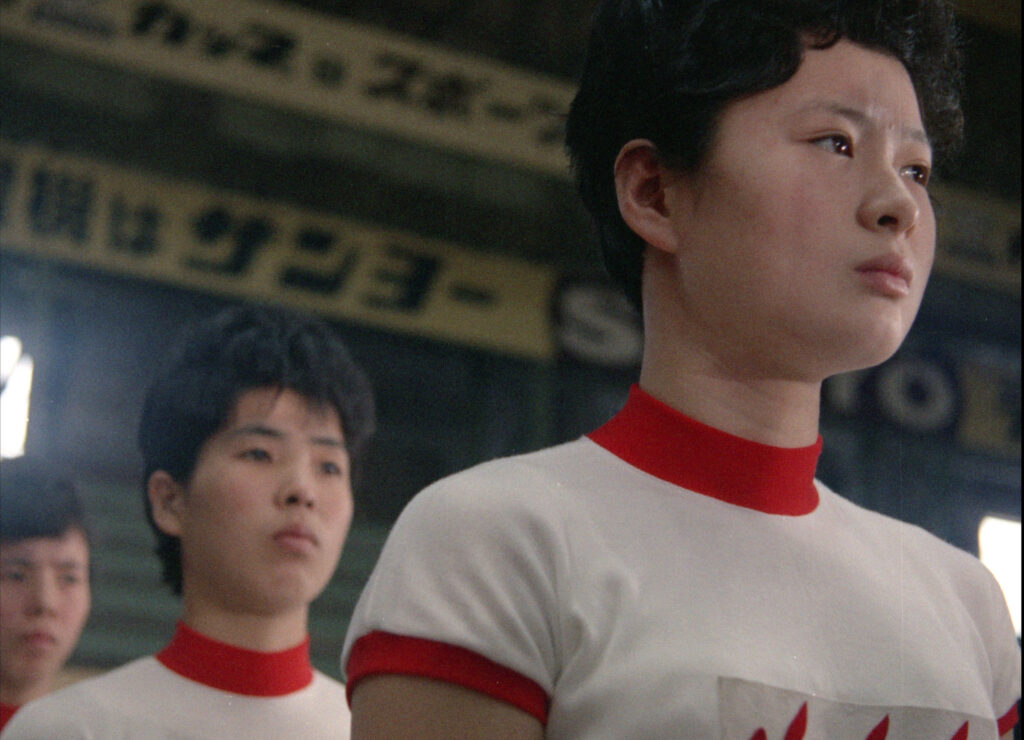
The Witches of the Orient, directed by Julien Faraut, tells the story of a former Japanese women’s volleyball team, who enjoyed great success in the 1950s and 60s. Due to their seemingly supernatural powers on the court, the women became known as the ‘Witches of the Orient’, a term regularly used by the media at the time. A national team, they were originally founded as a worker’s team at a textile factory, but went on to achieve huge successes, including taking the gold medal at the 1964 Olympic Games and setting a record of 258 successive wins – which remains unbeaten today. Their success and popularity led to the creation of manga cartoons and an anime series based on them, some which are included in the documentary.
Now all in their 70s, the documentary follows the relationships forged on this team, as we watch them reunite to share memories of their time playing volleyball. It’s a beautiful and inspiring story of friendship and connection, and highlights a key moment in Japan’s sporting history, including the tense Olympics final that led to their gold medal. It’s a moment many people may not be aware of, but definitely should be.
They Won’t Call It Murder
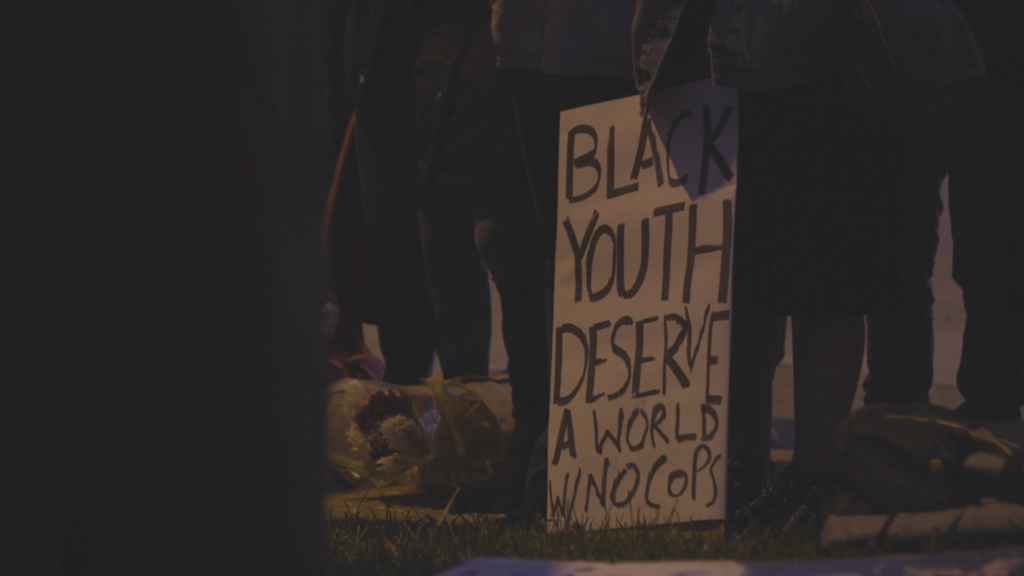
This may have been a short feature documentary, but its impact is huge. Highlighting police violence and brutality in Colombus, Ohio, They Won’t Call It Murder is an honest and powerful film that spotlights a number of families who have lost a loved one to police violence. We hear from the mothers, grandmothers and sisters of Henry Green, Tyre King, Donna Dalton and Julius Tate – women leading the resistance and seeking justice for their family members. It’s a searing indictment of the police and criminal justice system and what the directors, Ingrid Raphael and Melissa Gira Grant, do perfectly in this documentary is not platform the voices of the police or ‘two sides’ the cases. Even when media archive footage of the police is used, we never actually hear the voices of the police, but the families talking over the images instead.
When asked about their reasons for making this documentary, Raphael explains that grieving mothers and grandmothers are always presented by the media as one dimensional, and they wanted to show that there is a lot more to these women: “We knew that this is what the film was going to be focused on, we wanted to tell their story the way that the media hadn’t.”
My Name is Pauli Murray
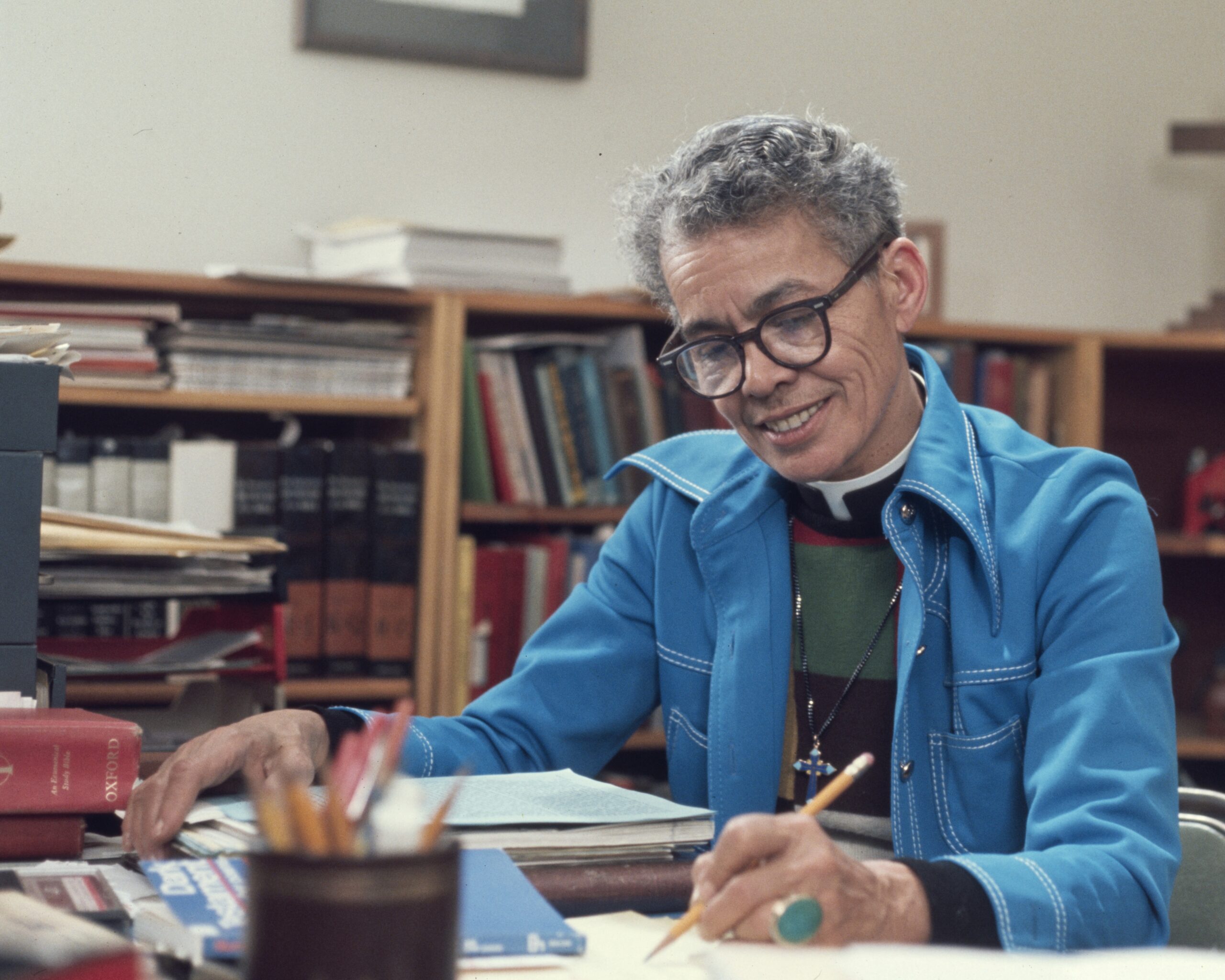
Before watching this documentary, Pauli Murray was not a name I was aware of and I’d hazard a guess that many people are also unaware of their story. Murray was a pioneering Black attorney, activist, poet and priest in Jim Crow’s America, who shaped so much of the landmark legislation in the US that many take for granted today. They fought for race and gender equality all their life, coining the term ‘Jane Crow’ for the experiences of Black women, whilst also struggling with their own gender identity as a queer non-binary person. They joined Betty Friedan and others to found the National Organisation for Women in 1966 and were credited by Ruth Bader Ginsburg, who appears in the documentary, on the cover of her first women’s rights brief before the Supreme Court.
The directors, Julie Cohen and Betsy West, use a wealth of archive footage and audio. “We really wanted to tell Pauli’s story through Pauli’s own words,” says Talleah Bridges McMahon, a producer on the film. This documentary also doesn’t shy away from showing Murray’s difference of opinion and politics later in their life, especially when it came to the younger generation of Black activists coming through in the late 1960s. It’s a hugely important documentary that tells the story of Pauli Murray in all their complexities, and one that will stand the test of time within the history of racial and gender justice.

